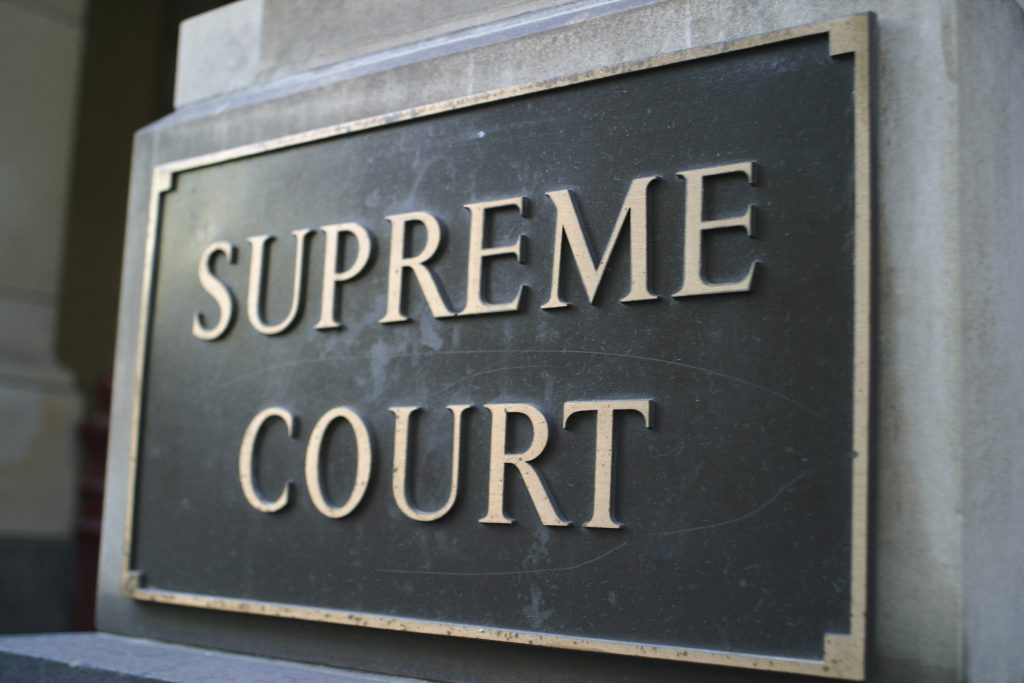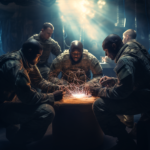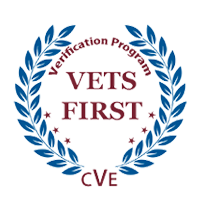Recently, the Supreme Court ruled unanimously that the Veterans Administration must continue to follow the ‘Rule of Two’ when awarding contracts to Veteran Owned Small Businesses (VOSBs) and Service Disabled Veteran Owned Small Businesses (SDVOSBs). Journalist Robert Barnes of the Washington Post provides the details of the decision and how it affects Veteran-owned small businesses doing business with the VA:
By Robert Barnes June 16 of the Washington Post

The Supreme Court decided Thursday (June 9th) that the Department of Veterans Affairs must set aside more contracts to be filled by veteran-owned small businesses.
The court was unanimous that the department has not fulfilled its obligation to steer more business to small companies owned by veterans or service-disabled veterans simply by meeting its annual goal.
The decision is likely to help more veteran-owned businesses compete for the billions of dollars in contracts the department awards.
The court was considering a law passed by Congress — and then amplified after the legislation failed to produce enough results — to give preference to small businesses owned by veterans. It came up with a “Rule of Two.”
That means that competition for contracts should be limited to veteran-owned small businesses when the contracting officer concludes that at least two such businesses would bid on the contract and “the award can be made at a fair and reasonable price that offers best value to the United States.”
A company called Kingdomware Technologies charged that department officials ignored that mandate when they bought a service that sent emergency information to personnel at four medical centers.
The Court of Federal Claims dismissed the suit, and a divided panel of the U.S. Court of Appeals for the Federal Circuit affirmed the decision. The judges did not read the law as requiring the department to use the Rule of Two for all contracts; the judges said this was mandated only to the extent necessary to meet the goal of awarding 12 percent of contracts to veteran-owned businesses.
But Justice Clarence Thomas, writing for the court, said that was wrong. The law says the department shall award contracts to the veteran businesses under the Rule of Two process, Thomas wrote.
“Unlike the word ‘may,’ which implies discretion, the word ‘shall’ usually connotes a requirement,” Thomas wrote.
That directive does not change just because the department meets its goal, the court decided.
“The court’s ruling means that more veterans will have the opportunities that Congress wanted them to have to build their business through competition before the VA,” Luke McLoughlin, who filed briefs on behalf of veteran-owned business associations, said in a statement.
ADDED BACKGROUND INFORMATION:
By way of background, the Veterans Benefits, Health Care, and Information Technology Act of 2006 (“2006 VA Act”) sought to rectify the VA’s then-on-going failure to meet its contracting goals relating to SDVOSBs and VOSBs. To do so, Congress set out a powerful provision, requiring the VA to set-aside a procurement for SDVOSBs or VOSBs whenever two or more such entities exist who will submit an offer at a fair and reasonable price that is the best value to the United States. This “Rule of Two,” as it is known, has been effective: since its enactment, the VA has met its SDVOSB and VOSB contracting goals.
Nonetheless, the VA has been reluctant to give the Rule of Two the full weight commanded by its unambiguous language. Most famously, the VA has refused to apply the Rule of Two to orders placed under existing GSA FSS contracts. The stakes in Kingdomware Technologies v. United States are high, as the VA purchases billions of dollars of goods and services via FSS orders annually
– See more at: http://smallgovcon.com/gaobidprotests/va-rule-of-two-applies-to-multiple-award-idiqs/#sthash.UKCUaPtJ.dpuf

















